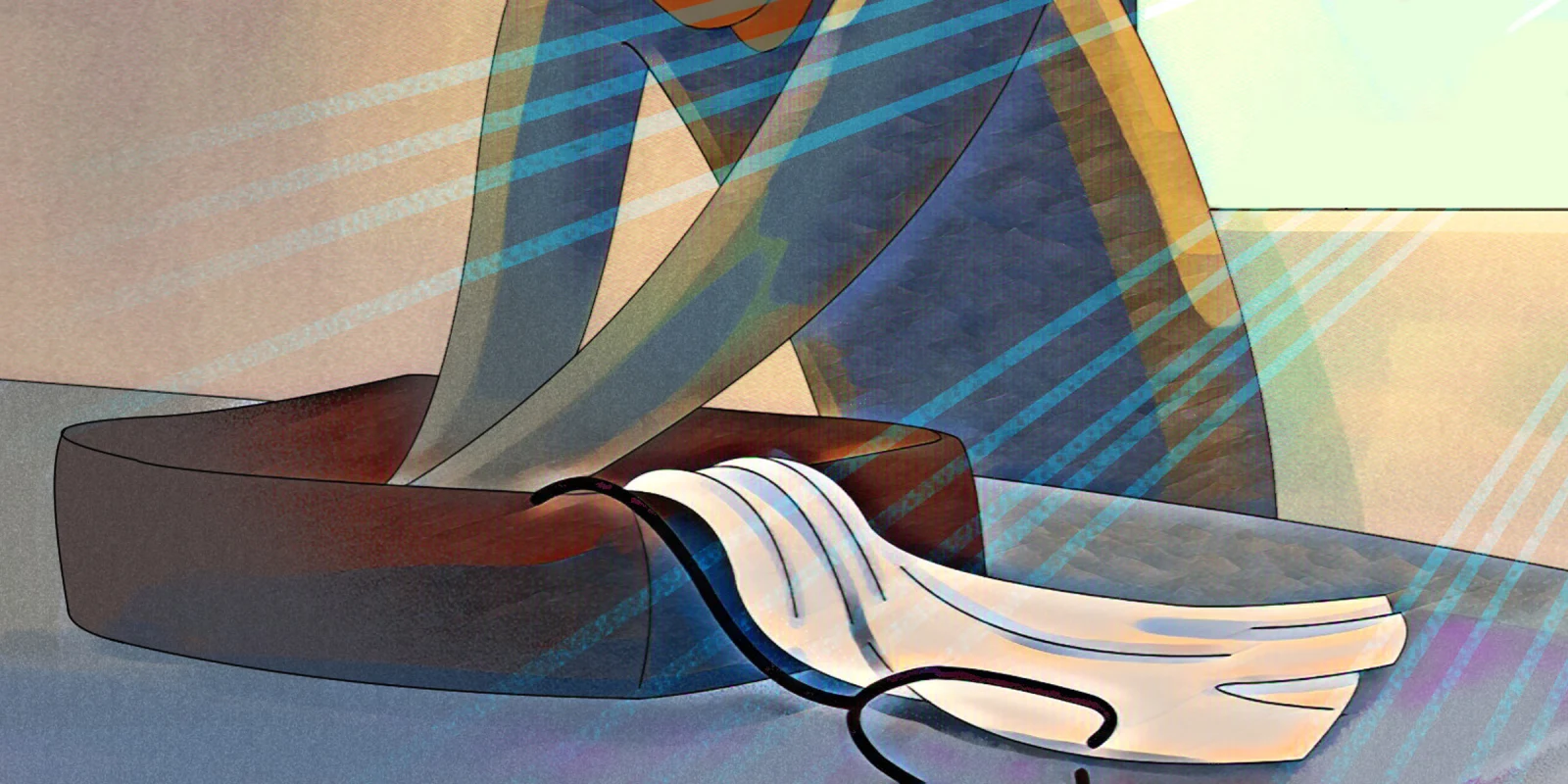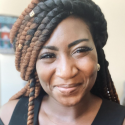I listened to morning report as I weaved through vendors in the side streets of Gaborone, Botswana. A week prior, I was a supervising resident on the inpatient pulmonology service at Children’s Hospital of Philadelphia. My ego was bruised on the first day of my global hematology/oncology rotation at Princess Marina Hospital (PMH); it took 10 minutes for me to recognize that some of my medical training would be irrelevant in this setting. It took a few days for me to establish a new routine. Each day started with morning report.
Morning report consisted of an inpatient census update, discussion of overnight admissions, review of critical overnight events, and ended with didactics. I stopped as the resident described the overnight events. One patient, my patient, died overnight. He was a 10-year-old boy with a recent diagnosis of AML. I learned, from his case, that chemotherapy is not offered for children with acute myeloid leukemia in Botswana. Some families, if able, seek treatment in South Africa. Others, like this family, remain inpatient for supportive management. For days, we discussed that his platelet count was low enough to warrant a platelet transfusion. Unfortunately, there were no matched platelets available in country. Overnight, he coughed, vomited, and bled to death. It was swift – I heard. It was avoidable – I knew.
The mood was somber when I walked into PMH. I walked by the now unoccupied bed. His medical chart was on the ground, misplaced and forgotten. The day continued, per usual, and a group of us dropped off our backpacks in the workroom. A few needles and syringes spilled out from mine and the other residents teased me, as they often did, about the materials I had brought and not used. I was systematic as I packed; my packing list was a color-coordinated Excel sheet that detailed what I believed to be essentials for a global health elective in the middle of the pandemic. I thought often about the items I could and should have left behind in Philadelphia. I thought more often about the items I did not realize I would need in Gaborone.
We rounded, wrote notes, and signed paper orders before we stepped outside for lunch. We sat at the table in between the inpatient pediatric ward and the oncology clinic. The stray cats brushed against our legs, and we ignored them. The heaviness of the morning had lifted.
“Whenever I look at the clinic, I feel like I’m somewhere else,” I said.
“Does it look like the clinic buildings in America?” one of the residents asked.
“Honestly, yes.” I answered.
The clinic was a physical representation of the relationship between Texas Children’s Hospital (TCH) and PMH. The clinic was beautiful and appeared out of place. The inpatient pediatric ward was two large rooms with multiple beds side-by-side for patients and caregivers. The attendings who rounded on the inpatient hematology/oncology service were employed by TCH, in stark contrast with the attendings who rounded on the general pediatrics service.
I had asked the residents, after we became friends, what they thought of TCH. Many of them shrugged. One mentioned that patients with acute lymphocytic leukemia were not offered chemotherapy in the years that preceded the TCH oncology presence in Botswana. My facial expression made clear my surprise. Another resident reminded me that few countries on the African continent are able to offer chemotherapy to children with cancer.
We walked back into the ward and passed by the bench where patients and families sat with slips that detailed their physician’s lab requests. To the right was a group of a medical students who appeared shaken. Behind them was a mother on her knees. Her arms were strewn across the hospital bed and the baby she had just lost.
I called one of my closest friends on the walk home. I cried as I told her what happened. The mother ran into the ward and shouted for help. Her daughter, just shy of six months, was diagnosed with sickle cell disease the week prior. The mother, a physician, was alarmed by her listlessness and sought care. Her spleen was large on examination. Blood was drawn and sent to the lab. The results were delayed so a resident ran to the lab to inquire – the hemoglobin was undetectably low. The massive transfusion protocol was activated, and another resident ran to the blood bank to get blood. By the time he returned, the baby had died.
I was scheduled to teach didactics for the medical students that afternoon. Instead, we had a debrief. I shared with my friend that the medical students kept looking at their hands. They were shaken after performing their first compressions and witnessing their first pediatric death. None of them cried. I did. I cried when I mentioned that this demise would be unlikely in the U.S.
“I feel a lot of things,” I told my friend. “I’m angry and frustrated and sad. It’s not fair.”
“No,” she answered. “It’s not.”
I had felt this combination of anger, frustration, and sadness in the past. My grandfather passed away from complications of his malignancy. His funeral was the reason for my first trip to Nigeria as a 13-year-old. Throughout the funeral, I thought about what my father had told me: “If he had agreed to be treated in the U.S., he would still be alive.” Our loss taught me that there is a relationship between geography and outcomes. Our loss sparked my interest in hematology/oncology. Our loss was the impetus for my global hematology/oncology rotation.
I traveled back to Philadelphia with a lighter load and a heavier heart.
My gratitude for my time in Gaborone knows no bounds. I grew as a clinician: I learned that there are few circumstances when daily laboratory studies are necessary; I learned how to obtain IV access; I performed many procedures; I learned how to read imaging studies; I learned how to conduct a calm code; I learned that in many circumstances, less is more.
I have thought critically about the value of my time in Botswana. To specify: I have wondered what value I brought to Gaborone. Was there any value? Was I just a glorified tourist? Global health rotations cannot drive sustainable programmatic change. These rotations are well-intended; in most circumstances, including my own, the individual who pursues the elective benefits far more than the host program. Global health disparities are complicated. These disparities cannot be alleviated by an influx of North American and European-trained physicians. This work requires reimagined infrastructure, policy change, strengthened health care systems, consistent assess to pharmaceuticals, robust blood banks, and sustainable interventions to build capacity.
I traveled to Gaborone with three suitcases, and I was certain that I had everything I could need. I could have left the syringes, tourniquets, and butterfly needles in Philadelphia. My revised packing list is concise. In contrast, my wish list is extensive – a list of items and hopes that cannot be stowed away in luggage. I left Botswana certain of two things: 1) I want to pursue a career in global hematology/oncology and 2) I will return.
Ajibike is a third-year pediatric hematology/oncology fellow at Texas Children's Hospital with a particular interest in health equity, curative therapy for hemoglobinopathies, and narrative medicine. When not at work, she writes, consumes far too much ice cream, roller skates, and rebelliously keeps her camera off in Zoom calls.
Illustration by April Brust







